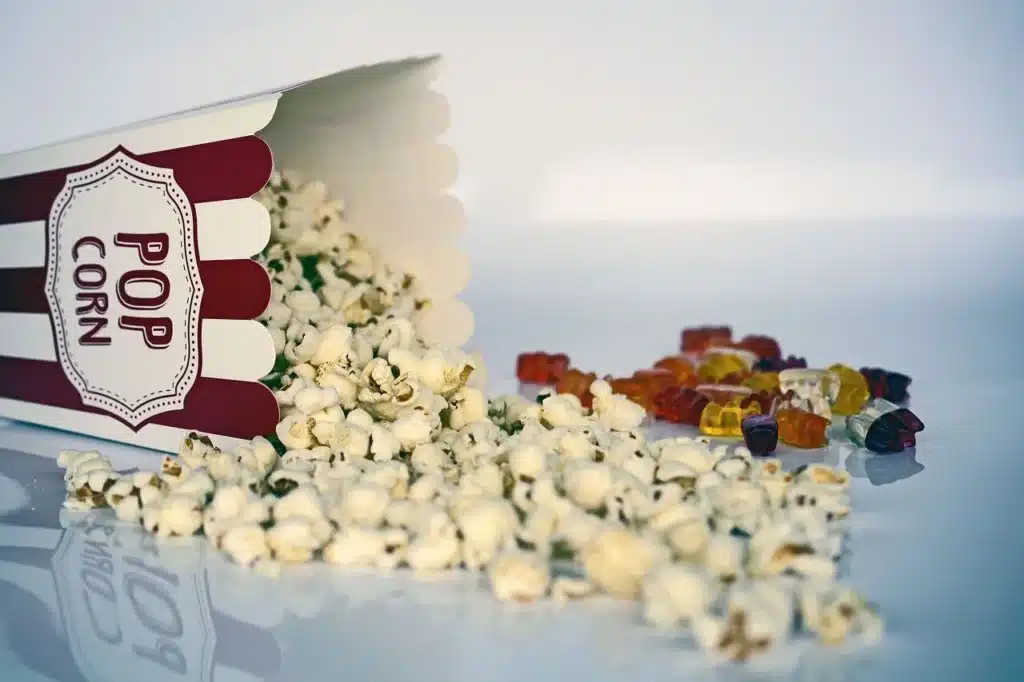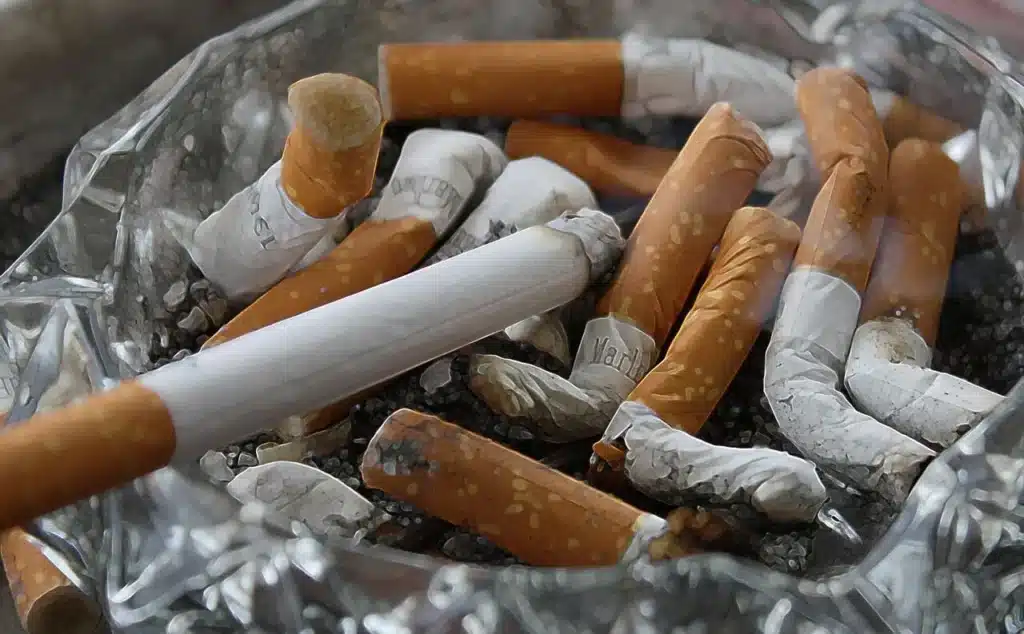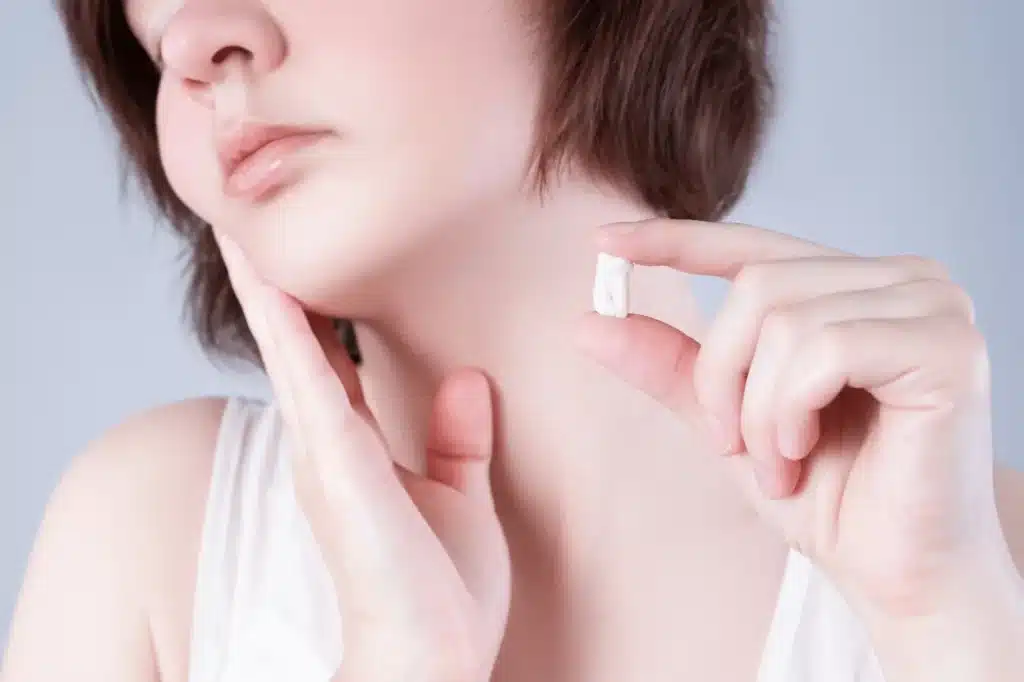No one wants oral surgery, but avoiding infections and reducing pain is sometimes essential. If you wonder what not to eat after tooth extraction, here’s a solution.
Food has no doubt a significant impact on our oral health, and if you choose the right food, it can soothe your toothache after extractions. But if you consume the wrong food, it can cause serious complications, including tooth infections, inflammations, and gum diseases. Read to know what not to eat after tooth extraction procedures to prevent your oral health from damage.
Foods to Avoid After Extraction
Here are the foods and drinks you should avoid after tooth extraction or wisdom tooth removal. Learn what not to eat after tooth extraction and follow the post-extraction diet carefully. Save yourself from severe tooth and gum complications.
Spicy Foods
Spicy foods are a big no after a tooth extraction operation or wisdom tooth removal. It can irritate your extraction wound and increase your tooth pain and discomfort. The wound area is sensitive, so one must avoid spicy foods to reduce the risk of tooth complications.
Sorry for spicy food lovers. It’s on top of what not to eat after tooth extraction, so it’s best to avoid hot and spicy food up to 10 days after a tooth extraction surgery or wisdom tooth removal.
Acidic Foods
Fruits and foods that contain acid in a high amount are not recommended after extractions or wisdom tooth removal operations. Fruits, including grapes, oranges, grapefruit, lemon, and blueberries, are high in citric acid, which can cause sharp pain in the extraction wound.
Also, acidic drinks, including carbonated beverages and sodas, are on what not to eat after tooth extraction checklist. They can irritate the wound and lead to gum and jaw inflammation.
Crunchy Foods
Avoid crunchy foods such as granola, crackers, popcorn, nuts, and cookies. Biting crunchy foods requires chewing, which can pressure the wound and damage the extraction area. Chewing can also lead to tooth infections and bacterial growth in the mouth.
When chewing crunchy foods, bits of food particles are stuck inside the wound and extraction area and are hard to clean. Trapped food particles can cause bacteria to grow and lead to tooth infections.

Grains and Seeds
Some foods are soft and easy to eat, but they can get stuck inside the wound like crunchy foods and cause complications. Rice and quinoa may seem easy to swallow, but the after-effects can lead to tooth and gum infections.
The tiny food particles trap inside the wound and let bacteria grow inside the mouth. Due to extraction, brushing appropriately and getting the trapped food out is difficult, so avoiding such foods is better.
Chewy Foods
Chewy foods need biting, exerting pressure on the wound, and can lead to complications. Avoid food, including pizzas, bread, jerky snacks, and candies, because there’s a risk of food particles trapping inside the wound and also needs force to bite food.
You may bite your tongue, lips, or cheeks while chewing such foods because of the numb sensation in your mouth and get more infections. That’s why chewy foods are on what not to eat after tooth extraction checklist.
Alcoholic Beverages
Do not drink beverages that contain alcohol because it negatively interacts with the medication you take after the extraction operation. Alcohol can irritate the wound and cause severe infections. The negative interaction can slow down your recovery process.
Dentists strongly prohibit drinking alcohol after oral surgery, so in the list of what not to eat after tooth extraction, alcohol is a top drink to avoid.
Drinks with Straw
Drinking smoothies or drinks with a straw sounds easier after the tooth extraction surgery, but you must avoid it. It’s actually a bad idea. Straws can create suction in your mouth, which can cause a problem called a “dry socket.”
Dentists prohibit drinking straws after extractions because it can increase the risk of dry sockets. When a tooth is removed, a clot of blood forms in the extraction space to protect it and keep infections away. The dry socket dissolves the blood clot, slowing the extraction area’s healing. It’s best to avoid using straws while you’re recovering.
Smoking
It’s essential not to smoke or use tobacco products for about a week after tooth extraction or wisdom tooth removal surgery. Smoking and the stuff in tobacco can increase your chances of having problems.

It’s best to refrain from smoking or using tobacco during this time to keep yourself safe.
Conclusion
Hope now you know what not to eat after tooth extraction surgery and the food’s impact on extraction surgery. Having soft and smooth foods and drinks is beneficial after tooth surgery or wisdom tooth extractions. Always consult your dentist and follow the diet instructions carefully after extraction operations. Contact Dentalsway for more information and details on tooth extractions.


